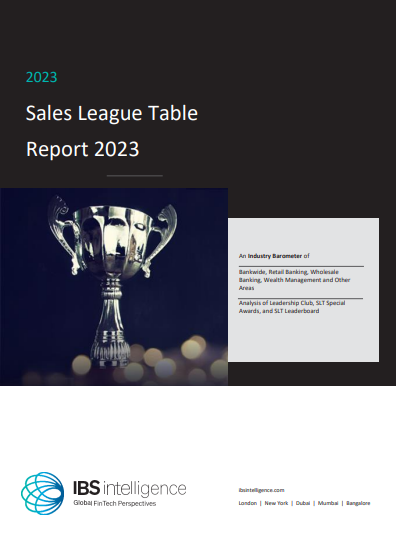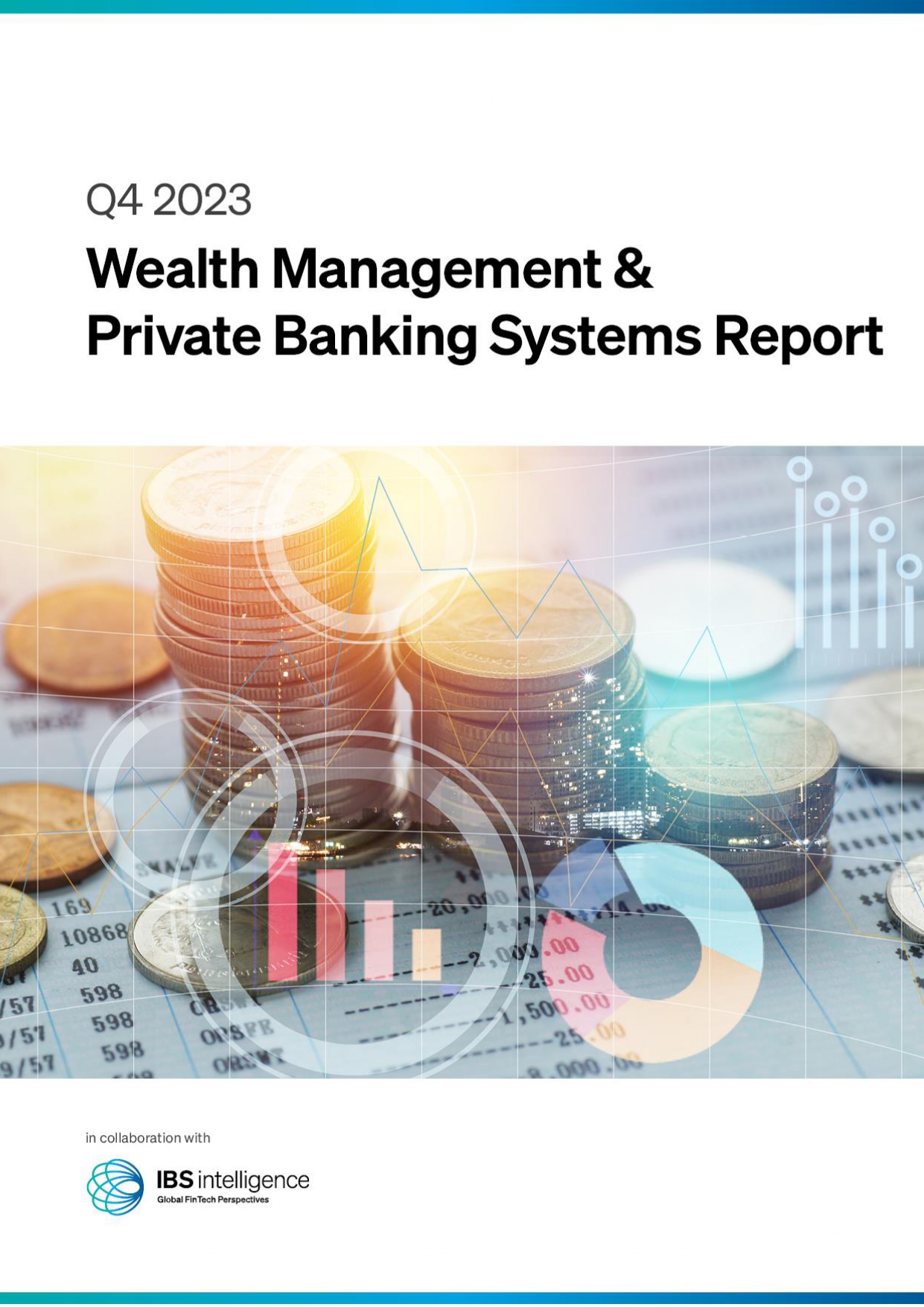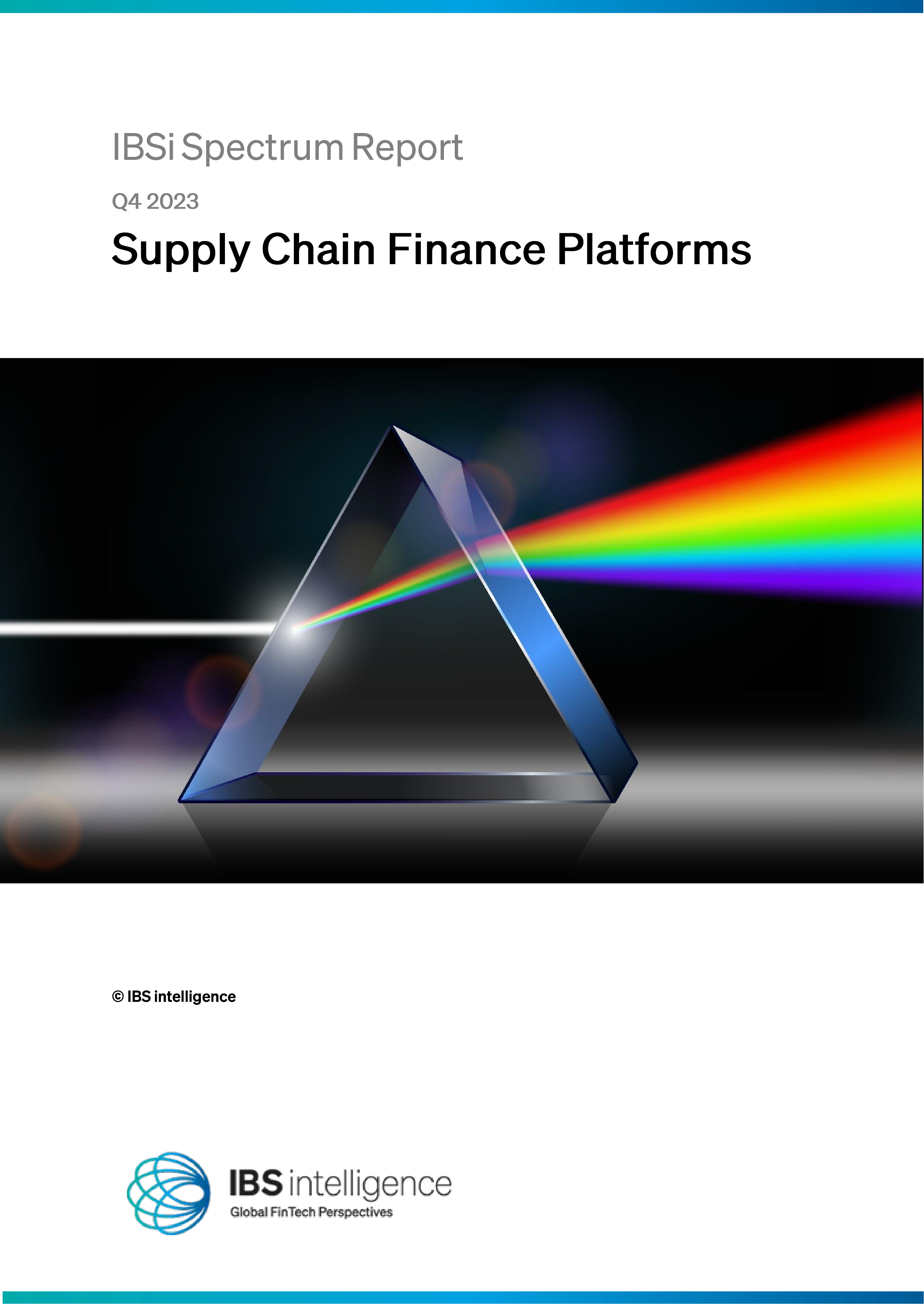 Back
Back
Swarm announces the launch of institutional-grade liquid staking tokens
By Joy Dumasia
 Swarm, the regulated multi-asset DeFi platform, announces the launch of institutional-grade liquid staking tokens that can integrate into DeFi automated market maker (AMM) pools to generate additional yield in a protected environment. Liquid staking tokens for Solana Network’s native token SOL are the first to be made available, with Eth 2.0, DOT, and AVAX.
Swarm, the regulated multi-asset DeFi platform, announces the launch of institutional-grade liquid staking tokens that can integrate into DeFi automated market maker (AMM) pools to generate additional yield in a protected environment. Liquid staking tokens for Solana Network’s native token SOL are the first to be made available, with Eth 2.0, DOT, and AVAX.
By using the liquid staking token structure on Swarm, an investor is exposed to the underlying asset’s value, can earn yield from validator fees, and trade in and out of their position instead of having assets idling.
The tokens can then earn additional yield by staking them in compliant DeFi pools on Swarm Markets, where liquidity providers receive trading fees proportional to their share of the pool. Additional loyalty rewards are available by holding Swarm’s native payment token, SMT.
Phlipp Pieper, Co-Founder of Swarm, said: “Staking is the new mining as ESG is stimulating investor interest in proof-of-stake networks. We’re making it easier for people to have a tradable position on their staked assets, giving institutions an entry point in the price discovery process for proof-of-stake networks.”
Private investors and funds managing more than $100 million in AUM have made a commitment to support the new tokens, including the new crypto fund MetaLink Capital, which aims to help people access cross-chain liquidity.
Toby Lewis, Director at MetaLink, said: “We are interested in liquid staking because we can take a position across a variety of Layer 1 Blockchains with 24/7 risk management, giving us the ability to react instantly to market moves. Due to the self-custody nature of DeFi, we will have complete control over our positions and assets at all times. We are keen to use Swarm’s infrastructure to get access to more complex strategies on emerging different layer 1s like Solana.”
Liquid staking tokens are issued on a single chain, starting with Polygon, making it simple to invest across a variety of layer 1 networks using just USDC, removing operational complexity. All users on Swarm must undergo institutional-grade know your business (KYB), know-your-customer (KYC) and anti-money laundering (AML) checks, removing counterparty risk. In time, multiple tokens can be packaged together to produce a staking index product with an ISIN number.
Timo Lehes, Co-Founder of Swarm, said: “Our infrastructure hacks trustlessness. By removing counterparty risk, institutional capital can finally move into these products to earn high yield and loyalty rewards in a low-yield paradigm.”
IBSi Daily News Analysis
IBSi FinTech Journal

- Most trusted FinTech journal since 1991
- Digital monthly issue
- 60+ pages of research, analysis, interviews, opinions, and rankings
- Global coverage
Other Related News
Related Reports

Sales League Table Report 2023
Know More
Global Digital Banking Vendor & Landscape Report Q4 2023
Know More
Wealth Management & Private Banking Systems Report Q4 2023
Know More
IBSi Spectrum Report: Supply Chain Finance Platforms Q4 2023
Know More






